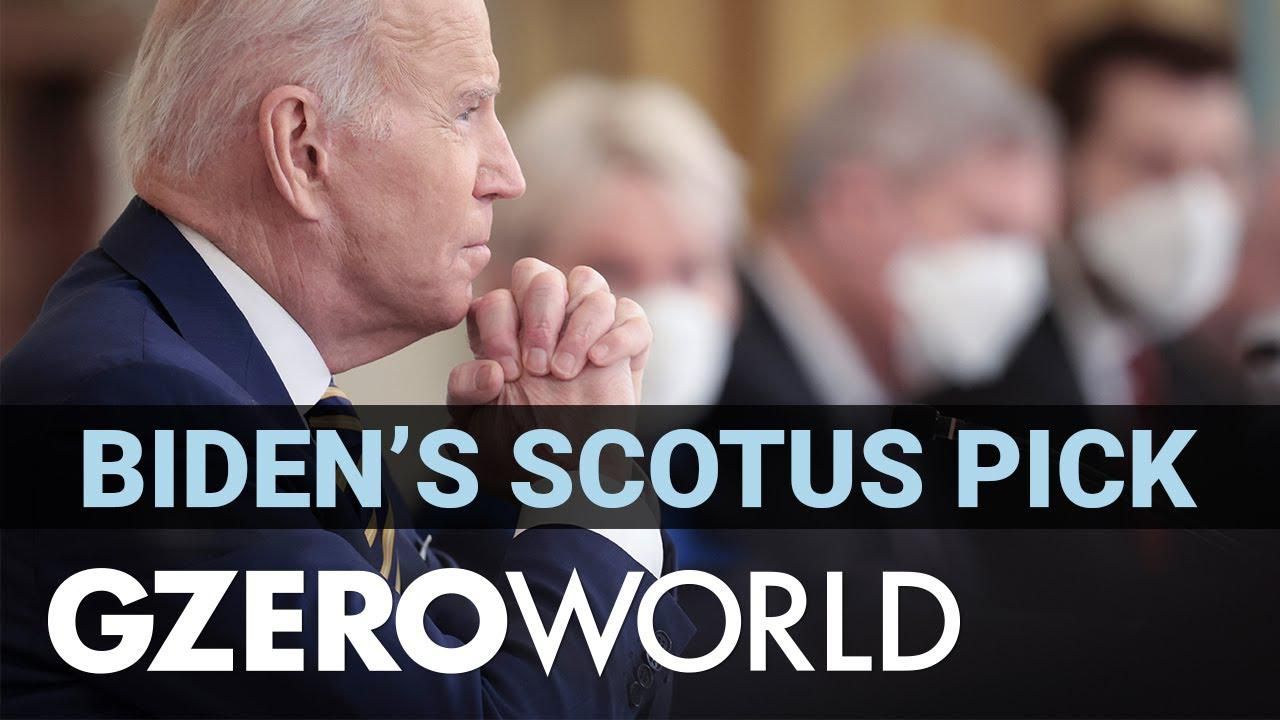GZERO World Clips
Biden’s promise to name a Black woman to SCOTUS isn’t unprecedented

Biden’s Promise to Name a Black Woman to SCOTUS Isn’t Unprecedented | GZERO World

US President Joe Biden has gotten pushback from some Republicans for honoring his campaign pledge to nominate a Black woman to replace outgoing Justice Breyer on the Supreme Court.
But for Pulitzer Prize-winning columnist Clarence Page, how is that different from when Ronald Reagan promised to pick the court's first woman in Sandra Day O'Connor?
"Biden isn't saying that just being black is enough, or just being a woman is enough. I think they've got to be qualified first," he tells Ian Bremmer on GZERO World.
Page believes the three names that have come forth on the president's shortlist are all qualified. It's too bad, he says, that they can be stigmatized by those who think they will get the job because of their race.
Watch this episode of GZERO World with Ian Bremmer: Black voter suppression in 2022
Ian Bremmer sits down with former US Ambassador to NATO Ivo Daalder to unpack a historic shift in the transatlantic alliance: Europe is preparing to defend itself without its American safety net.
Think you know what's going on around the world? Here's your chance to prove it.
Argentina, Armenia, Belarus, Egypt, Indonesia, Jordan, Pakistan, Paraguay, Vietnam – to name only a few.
A poster featuring Andrew Mountbatten-Windsor, formerly known as Prince Andrew, is installed on a sign leading to the parking area of the Sandringham Estate in Wolferton, as pressure builds on him to give evidence after the U.S. Justice Department released more records tied to the late financier and convicted sex offender Jeffrey Epstein, in Norfolk, Britain, February 5, 2026.
British police arrested former Prince Andrew Mountbatten-Windsor today over allegations that in 2010, when he was a UK trade envoy, he shared confidential government documents with convicted sex offender Jeffrey Epstein.